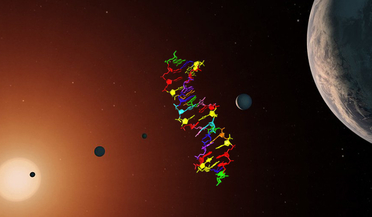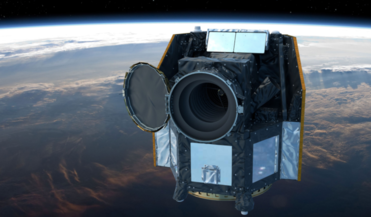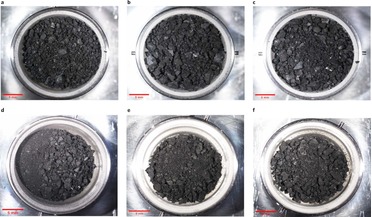 25 February 2019
Scientists create DNA-like molecule to aid search for alien life
25 February 2019
Scientists create DNA-like molecule to aid search for alien life
... recognition behavior of standard 4-letter DNA but it also met the Schrodinger requirements for a Darwinian system of molecular evolution – a hallmark for supporting life. The synthetic hachimoji includes the four G, A, T and C nucleotides but also...
 04 December 2019
Giant planet found orbiting a white dwarf for the first time
04 December 2019
Giant planet found orbiting a white dwarf for the first time
... Valparaiso in Chile, who computed the past and future evolution of this system. After combining observational data with theoretical ... that more than one planet may have survived the destructive evolution of the host star. The discovery opens up a new...
 16 December 2019
Cheops, ESA's exoplanet watching telescope launches tomorrow
16 December 2019
Cheops, ESA's exoplanet watching telescope launches tomorrow
... it collates will help astronomers improve their models of the formation and evolution of small planets, with potential implications for our understanding of the evolution of our own Solar System. “CHEOPS will provide us with key information...
 24 July 2020
A first of its kind white dwarf merger with a dense compact object discovered by students
24 July 2020
A first of its kind white dwarf merger with a dense compact object discovered by students
...abundance of this isotope, coupled with the rapid evolution of the transient and other factors the team ... look out for, more discoveries could follow soon. “The fast evolution of the transient makes it difficult to follow for an extended period...
 12 August 2020
Distant Milky Way look-alike is a breakthrough in the field of galaxy formation
12 August 2020
Distant Milky Way look-alike is a breakthrough in the field of galaxy formation
... the late astronomer Arthur M. Wolfe, was found so early in the Universe, this proved to be something of a conundrum. Galaxy evolution is now being called into question again after the discovery of a similar breakthrough with an object called SPT0418...
 22 December 2021
Scientists present the first-ever analysis of samples retrieved from Ryugu
22 December 2021
Scientists present the first-ever analysis of samples retrieved from Ryugu
... they could provide new insights into the formation and evolution paths of planetary bodies in our Solar System. “The...may contribute to revisiting the paradigms of Solar System origin and evolution,” the team write in their paper. Yada and colleagues ...